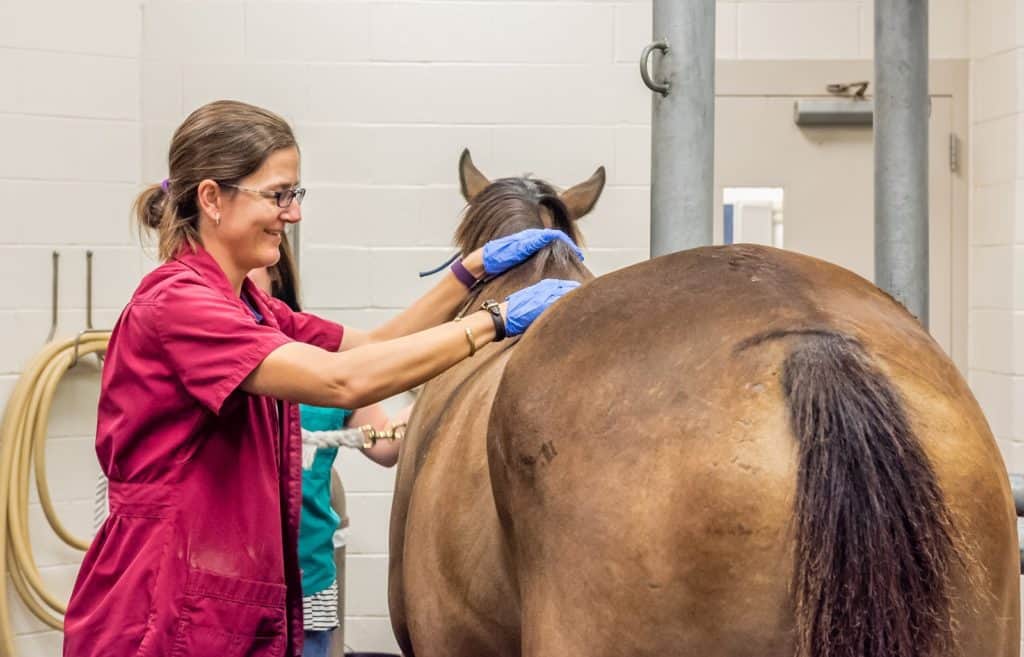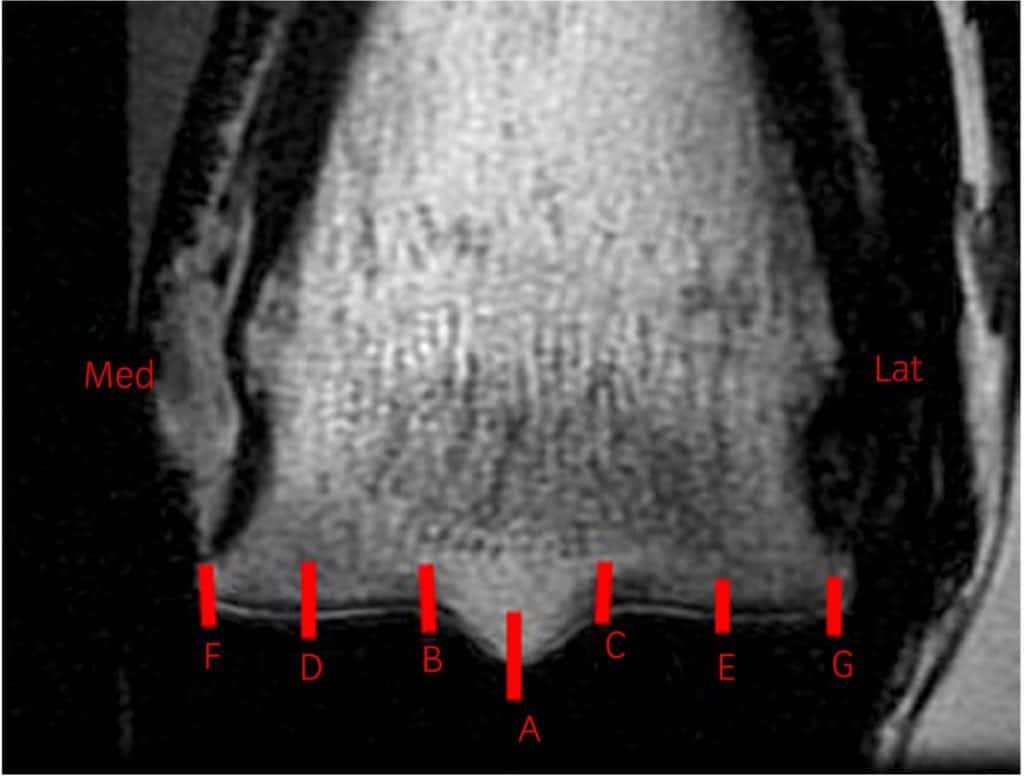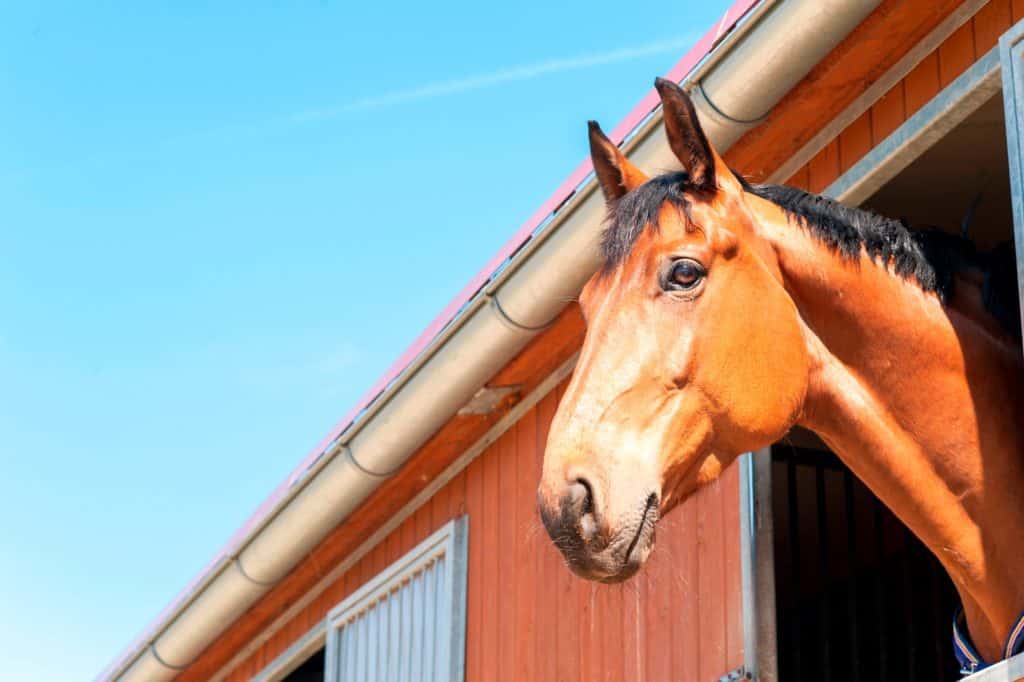
Fit for the Trail
Learn how recreational riders can condition and protect their equine weekend warriors.

Learn how recreational riders can condition and protect their equine weekend warriors.

Veterinarians have begun research, using the scanner in a clinical trial on client-owned horses.

Horses that plow, heal, or protect have distinctly different lifestyles than the average riding horse.
Dr. Kyla Ortved will review the varying types of regenerative medicine and their applications in the equine athlete.

A vitamin E deficiency can lead to neurologic problems as well as a retina disorder called pigment retinopathy.

Researchers are making steady progress toward understanding catastrophic fractures and, ultimately, how to prevent them.

Ashley Wagner-Wells’ research focused on equine protein metabolism and skeletal muscle physiology.

Do you have a mature or senior horse? Find out how to keep him comfortable and competitive as he ages!

Researchers believe the tested supplements could help reduce the joint inflammation that can lead to osteoarthritis.

Researchers found that jumping at shows two weekends in a row did not allow horses adequate muscle recovery.

Horses consuming the supplement following joint injections were less lame than control horses, researchers found.

Using sensible strategies, we can help keep equine joints healthy and capable of withstanding athletic demands.

Drs. Tim Parkin and Sarah Plevin describe studies focused on predicting injury before it occurs.

An extract from blue-green algae—a potentially toxic substance—could help arthritic horses without poisoning them.

Look for educational articles and social media posts on keeping equine joints and bone healthy, Oct. 9-15.

The British survey results also suggest that lamenesses are more likely to originate in the limb than in the foot.
Stay on top of the most recent Horse Health news with
"*" indicates required fields